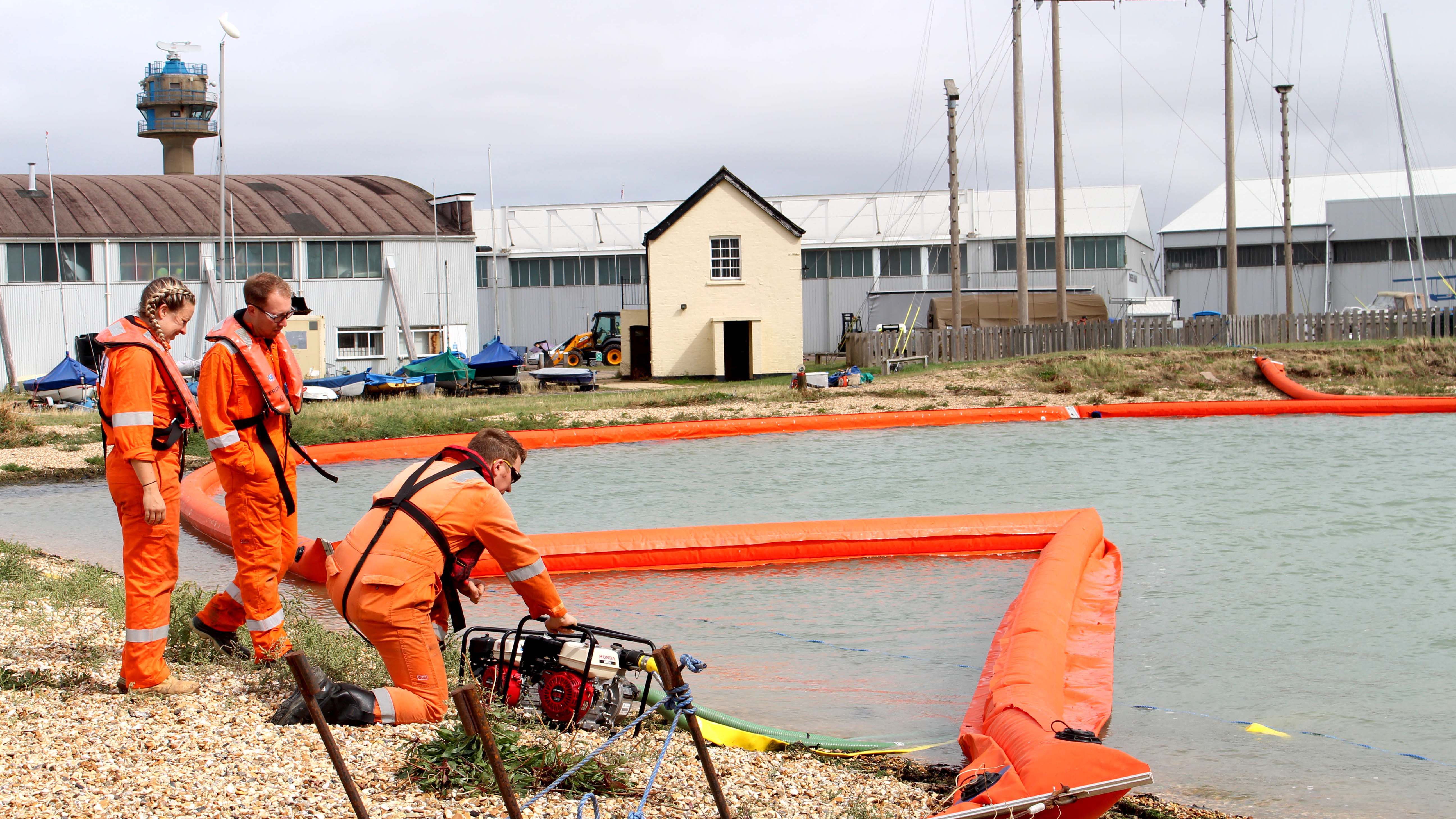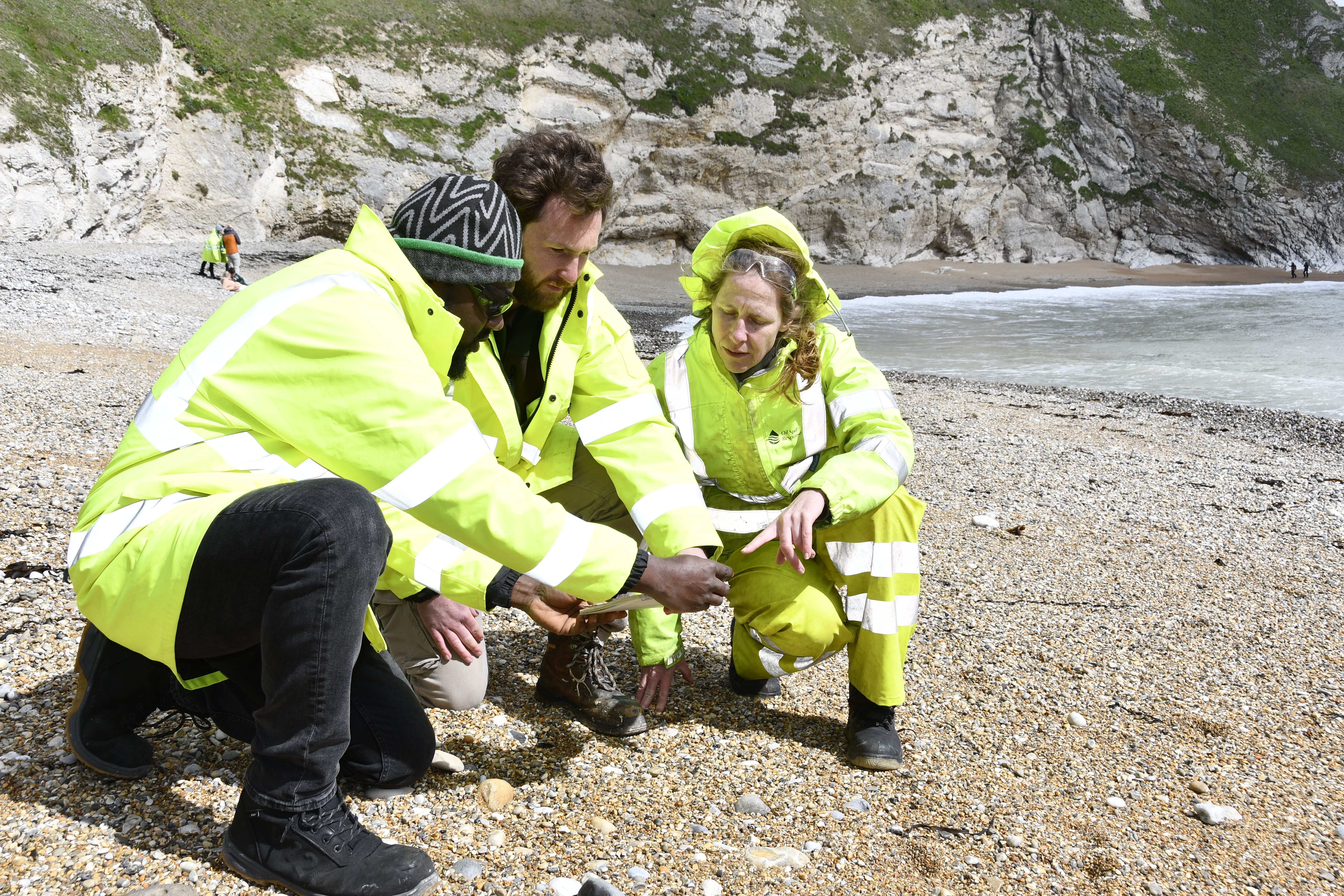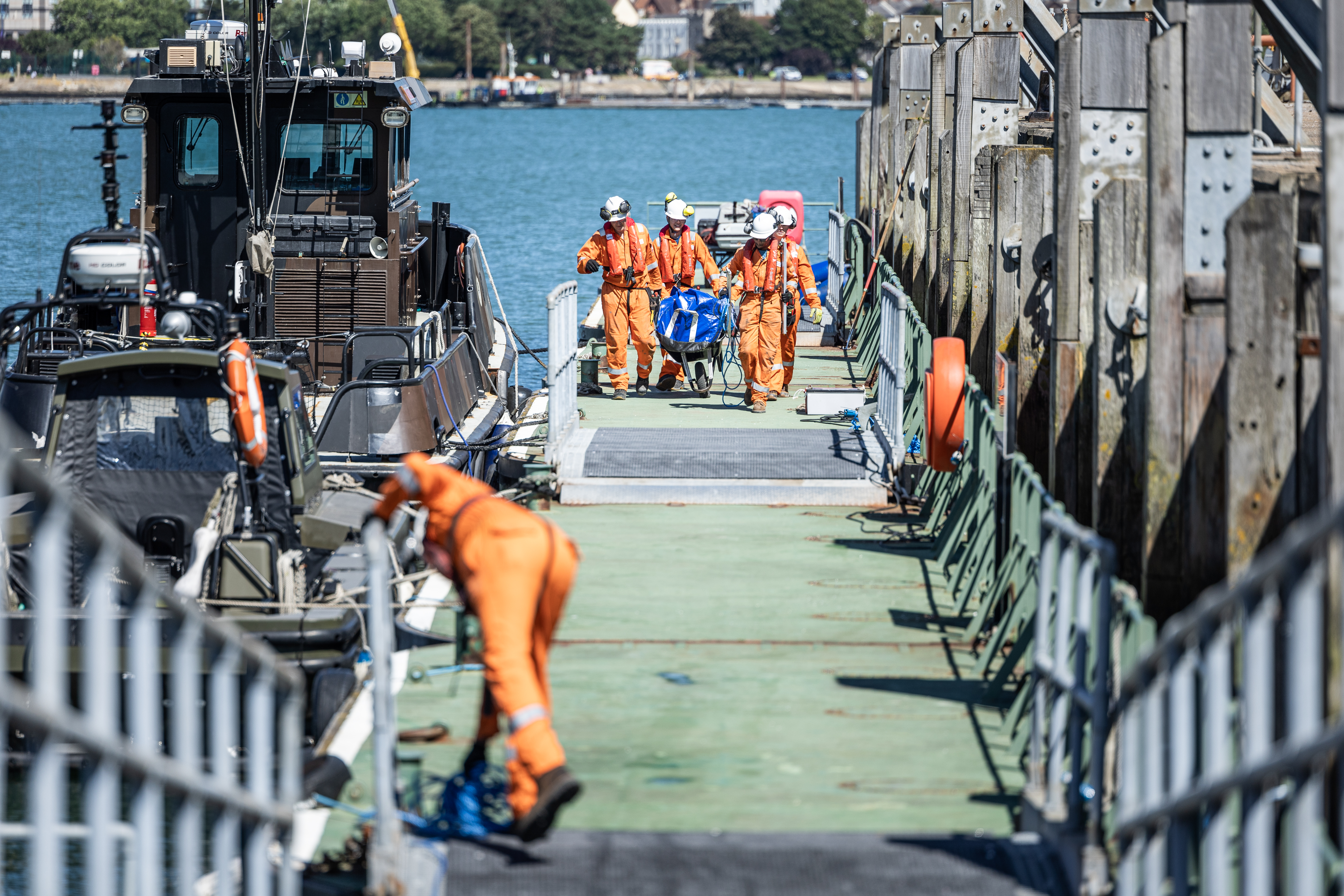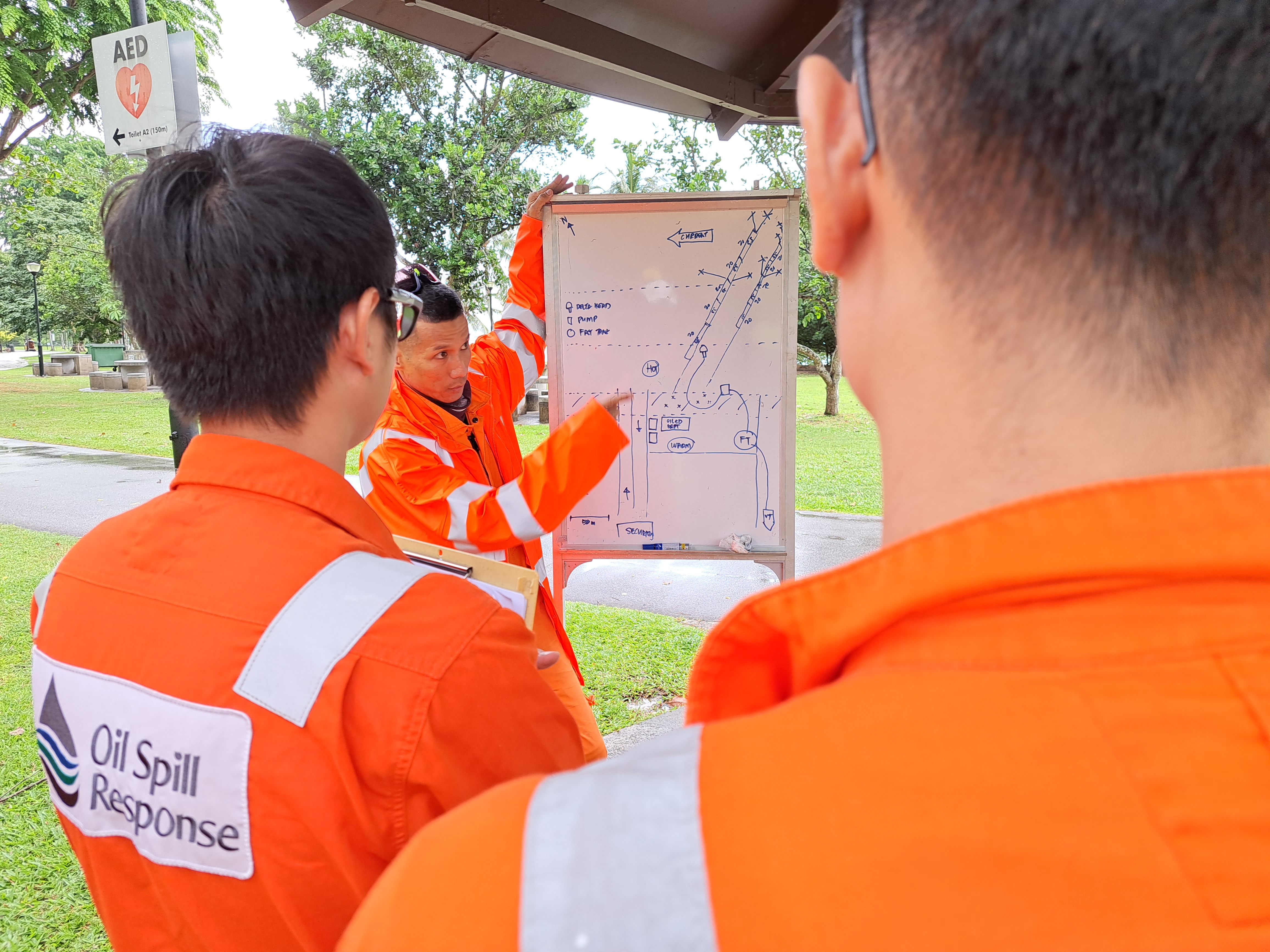Pandemic Top 10 ‘Human Factors’ in spill response
Human Factors consider the mindset and emotions and the personal worries, thoughts, concerns and motivations that Responders are likely to experience when responding to an oil spill during a pandemic.
This article provides the top 10 human factor considerations within five key themes:
- My Wellbeing
- My Travel
- My Family
- My Accomodation
- My Rotation
These considerations were developed through a series of workshops with over 50 Responders where a spill scenario was presented, and Responders were encouraged to raise questions and concerns about responding to a scenario during a pandemic.
By considering human factors in advance of a spill response it will prompt incident owner/response organisations to consider the concerns Responders may have when being asked to respond during a pandemic and address them in peacetime. During a mobilisation to a spill this document could be used to help prompt for incident specific information and used to brief Responders to address any concerns.
My Wellbeing
Medical Provision
Having confidence in in-country medical providers is a key factor in being willing to respond during a pandemic, as Responders will most likely be concerned about contracting the infection in-country. Responders may have concerns about the hospitals available meeting international standards and that have the capacity, especially as medical facilities are under added pressure from the pandemic. Specifically, the provision of respirators may be of concern. Responders may also like to know that if they were to fall ill would they stay in-country, be repatriated to another country or to their home country and if they were repatriated how would they be transported.
Risk Assessment
Pandemic infection rates rapidly change and there will likely be concern as to how this is being tracked and if there is a trigger point for removing personnel from country. It would help give Responders confidence if the processes for travel risk assessments adapted for the pandemic were explained as well as how the situation is monitored i.e. tracking infection rates and trends.
Mental Health
If Responders do need to quarantine in-country for 14 days, it means being isolated and possibly not leaving the room at all which could be quite mentally challenging. Responders should be advised as to how to raise any concerns during the quarantine and given access to support.
My Travel
Air Travel
Responders may have concerns about the risk of travelling on a commercial flight in a closed environment i.e. that it increases the risk of catching the infection (there is a common misconception that illnesses are picked up on board through the air conditioning, however an infection is far more likely to be picked up from contaminated surfaces). It may assist in alleviating fears if Responders are briefed on how airlines are using a variety of steps to ensure passenger safety i.e. reducing the number of passengers, wearing masks, reducing cabin service, controlling passenger boarding etc.
Land Travel
Travelling in-country by road may cause concerns about the level at which third party drivers will implement controls and if it’s possible to practically social distance in different types of vehicles. There may be concerns about the driver adhering to social distancing, wearing PPE (mask/gloves), the challenge of avoiding the front and middle seat (to maintain distance from the driver), if staggered seating is implemented, if the capacity of the passengers is reduced and if the vehicle is sanitised before and after each trip
My Family
Family Emergencies / Support
With the pandemic effecting people across the world Responders maybe concerned about relatives at home who are at risk of becoming ill from the pandemic and how quickly they can get home if they were on a spill and this was to happen. Similarity responding to spills during a global pandemic could bring about great anxiety or confusion for families which in turn could impact Responders. Providing information (and a contact point) to families that details how Responders are being looked after during a Response could help alleviate these concerns i.e. in the form of a ‘loved ones’ leaflet for example.
Returning Home
When Responders return to their home country, they may be concerned about going home and transferring the infection to family members. They may wish to know if it’s possible for their company to accommodate them elsewhere to isolate from their families and avoid passing on an infection. This will be especially important if living with vulnerable family members.
My Accomodation
In-Country Quarantine
With the uncertainty around in-country quarantine Responders may be concerned about how long they may need to quarantine and what the quarantine facilities would be like for the duration of their stay (food, room size, broadband availability, security, temperature checks, infection testing turnaround etc.).
Accomodation
Responders may be concerned about infection controls at the accommodation, specifically the level of cleaning in the rooms and common areas and who conducts the cleaning i.e. if it’s a third-party cleaning company, are they subject to the same controls as an inhouse provider? There may be more confidence with larger chain hotels and less confidence with smaller independent hotels or hotels in higher risk locations. A brief to Responders could include a description of the cleaning procedures with the assurance that accommodation will meet appropriate cleaning standards. It would be proactive to state that as with the safety culture, Responders can at any time stop and say they are not happy with the setup. It would be worth considering that there may be cases where a smaller team is sent in advance to ground-truth and verify ahead of other responders mobilising
My Rotation
Time away from home
Due to potential in-country and home quarantine periods Responders may spend longer away from home than normal on a spill i.e. 14 days in-country quarantine, 14-21 days infield and then potentially 14 days in home country quarantine (not at home) = 42- 49 days. Responders maybe concerned about the length of time away from home so it may be advisable to highlight potential rotation times with Responders in advance so they can consider how long they are willing to spend away and discuss it with their families.







